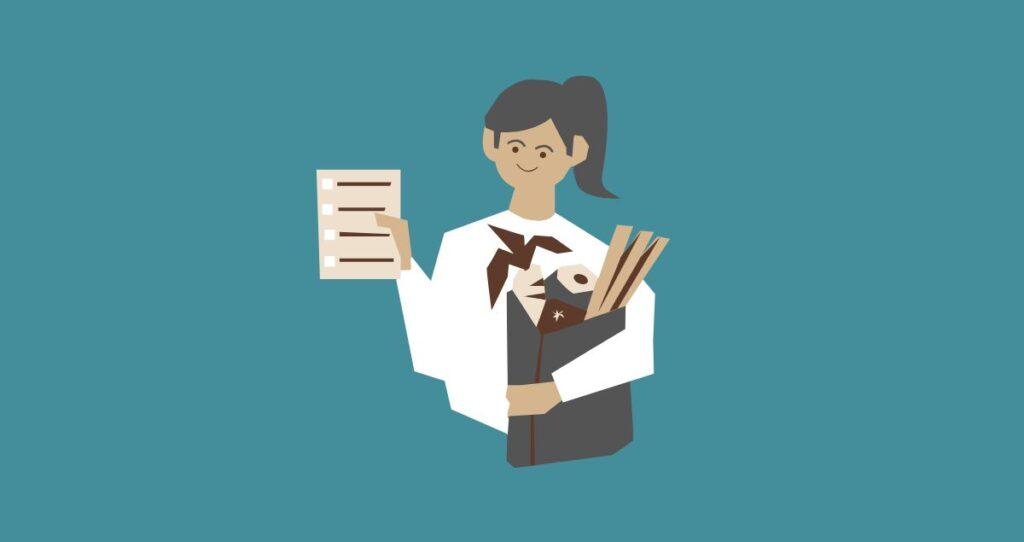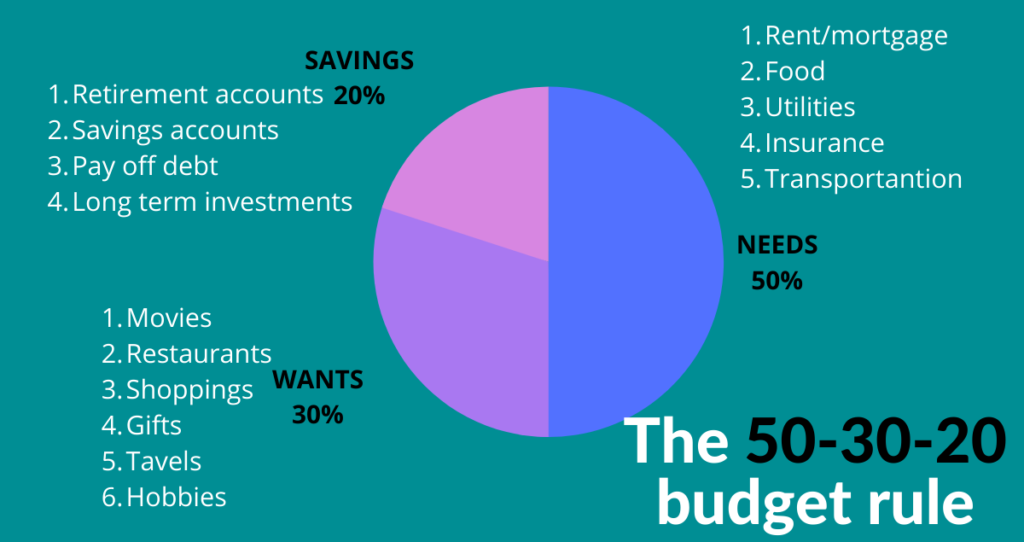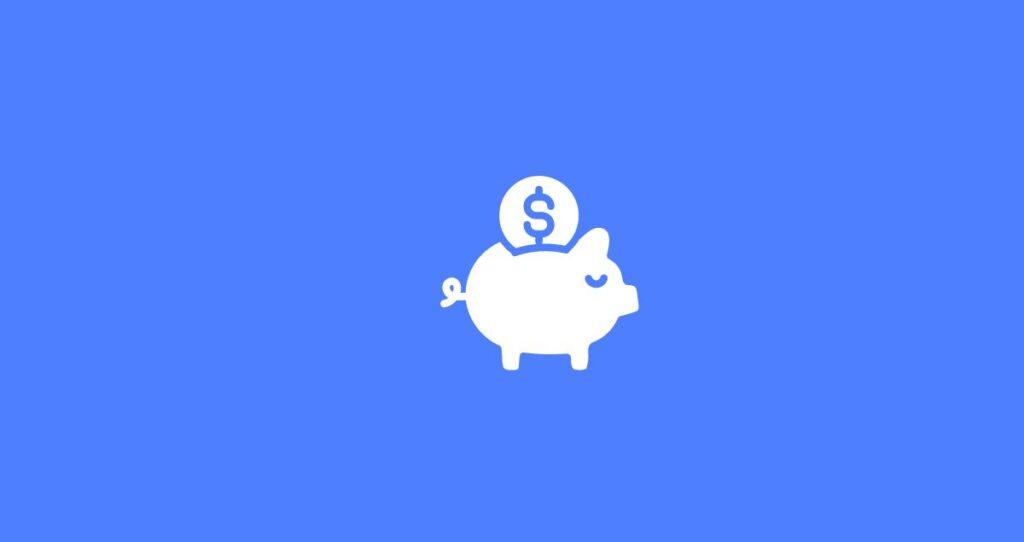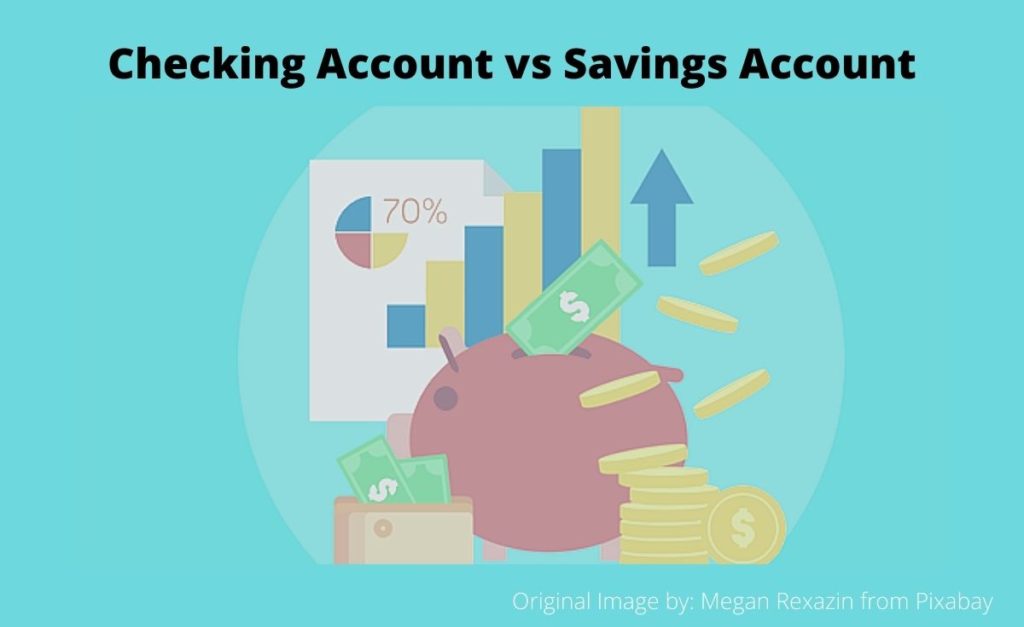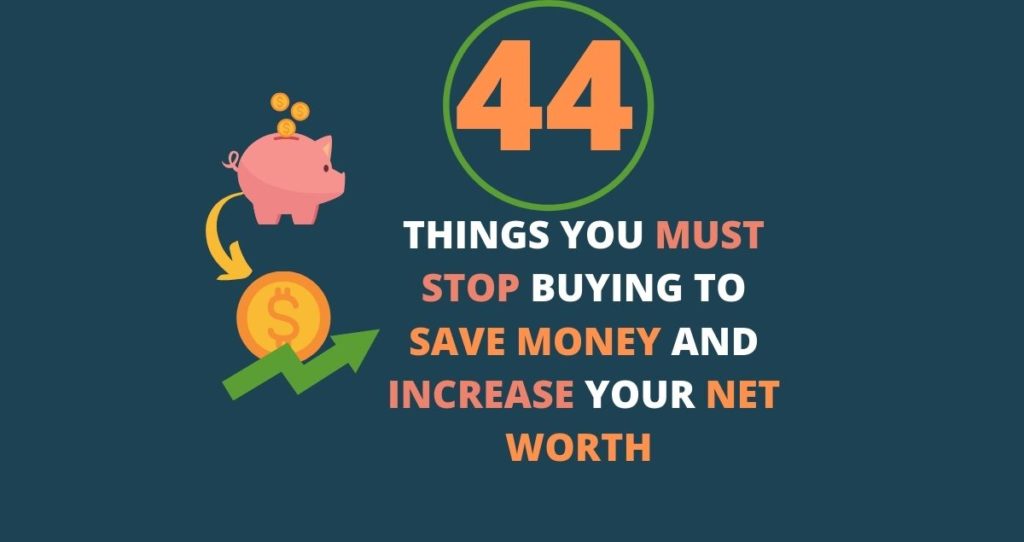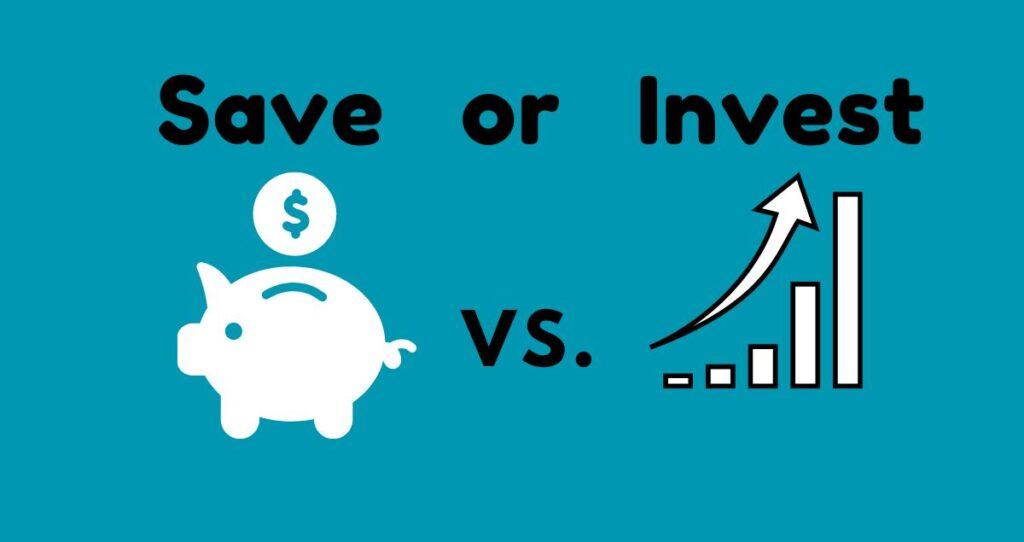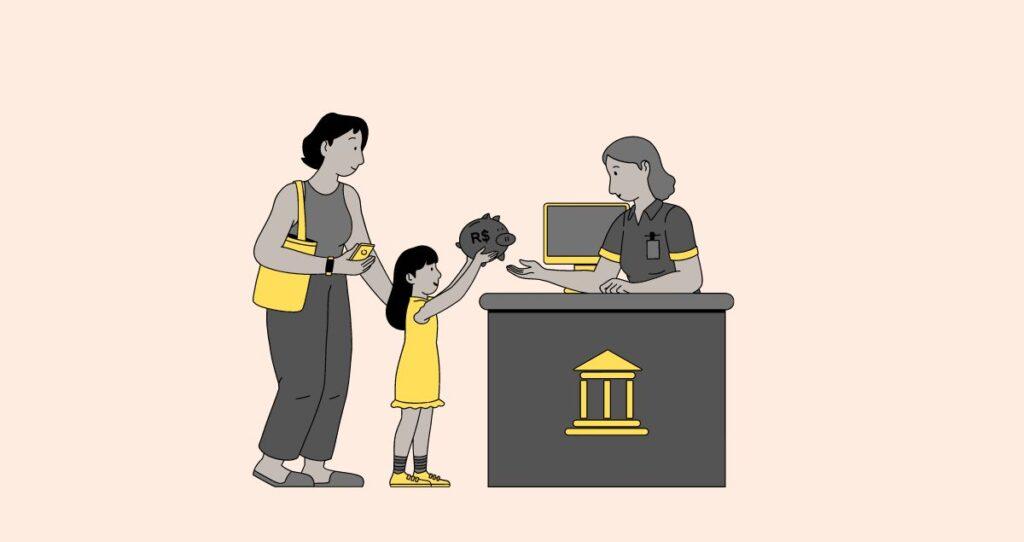Do you want to save money on groceries without compromising on quality or nutrition? Would you believe it if I told you it’s possible? Groceries can be one of the biggest expenses in many households, but fortunately, there are many ways to save money while still enjoying your favorite food items.
Here, we look at 45 tips to help make your grocery shopping experience more budget-friendly. Whether you’re trying to stretch your weekly grocery budget, live frugally, or just find the best deal, you’ll find many practical ideas for reducing your food costs. From couponing, meal prepping, and snagging deals on fruits and vegetables to taking advantage of rewards programs, finding out about in-store discounts, and more, this article will have you shopping smarter in no time.
Without further ado, let’s get started.
Tip 1: Make a grocery list before going to the store
You should always make a list of food you want to buy before going to the store. It is a good discipline to have. The list will help you stay on your course and avoid impulse shopping.
If an item is not on your list you will not buy it. Always trust your list when you are in a grocery store. Things come up in your mind when you don’t have a list. Also, your brain is clever enough to convince you that you need an item whereas you don’t.
It is also a good idea to list your items based on their priorities. For example, food could have a higher priority on the list compared to snacks or pop. In this case, you will put food-related items on top and snacks to the bottom.
If you get into the market and see that prices have gone up, you can eliminate some of the items from your list and buy them during the following week. Since items on your list are itemized based on their priorities, it will be easy for you to find and eliminate the least important item on the list.
Tip 2: Have a max budget for the week and month
Having a budget for your shopping will increase your savings. You will decide what to buy and their priorities.
It is a good idea to have a budget for the week and month. A weekly budget will help you understand your short-term grocery spending. In addition, a weekly budget could be exceeded or reduced based on what you are buying.
For example, buying a lot of cleaning products and spices in one week will increase your spending for the week. At the same time, you will spend less money the following week since you will not buy these products again.
The monthly budget will give you an overview of how much you spend on food on a monthly basis. This way you can predict how much you will spend on groceries in a year and allocate your funds accordingly.
Tip 3: Compare prices from grocery store apps
You can save money on groceries by spending less on each item you buy. You can use your grocery store’s app to find out the items they have on a discount.
For example, if you go to Whole Food Market website, you can see options for downloading the app, and how to save money on discounted items. Other grocery stores have similar options. You just need to check their websites or ask them in the store.
If something you want to buy is not on discount this week, you can skip it and buy it later. As long as an item is not a priority, it can always wait.
Tip 4: Consider buying in bulks instead of itemizing
Buying in bulks will save you money. Companies give a discount to people who buy a lot of similar products at once. This applies to any kind of product you can buy.
Buying in bulks will reduce the repetitiveness drive to the market. This will save you money on gas.
Related article: 9 tips you can use to save money on gas
Tip 5: Avoid brand name products
Never buy brand name products. They are too expensive and do not have any special taste or healing powers. They have similar properties with generic products.
You will pay much less on generic products compared to what you could spend on brand names.
If you are sick, for example, buy generic medication. This will apply to any item you will buy in a store. Why would you spend more money on a product if you can spend less and achieve the same results?
Tip 6: Buy frozen vegetables instead of fresh or canned ones
Frozen vegetables last longer than fresh ones. They are already compacted for you, and therefore, easy to store. In some cases, they are cheaper compared to fresh ones.
This will apply to fruits as well. Frozen fruits are much cheaper compared to fresh fruits. If your intention is to make smoothies and juices, focus on frozen fruits. You will spend less money and make tasty smoothies at the same time.
Tip 7: Do not buy pre-cut produces
Precut and prepacked produces are expensive. Yes, they are cut and prepped for you. However, they come at a cost. A cost that is not affordable.
Keep in mind that when you pay for such items, you are also buying the container which you do not eat or use later. This is why you need to avoid pre-cut produce.
You will have fun cutting them yourself.
Related article: 44 things you should stop buying to save money
Tip 8: Do not buy canned food
Avoid buying canned beans, peas, corn, carrots, etc. These items can last longer for you and do not need refrigerating.
Unfortunately, they come in small quantities compared to how much you pay per can. Furthermore, they do not taste that great. I am sorry to point that out.
You can save money when you buy uncanned food in the produces section. Look for the ones from generic brands or on discount.
This way, you will save a lot of money and eat tasty meals.
Tip 9: Avoid junk foods
The money you spend on junk food is always wasted. Junk foods are not healthy and they are not worth your money. They preserve them using chemicals that are not good for your health in the long term.
In short, junk foods taste horrible and they kill you slowly.
Why would you pay a lot of money on something that will eventually kill you?
Avoid processed foods and buy real ones. Just make sure that you buy only what you need to avoid excess spending. Always use your budget and list you made in tips 1&2.
Tip 10: Try buying dried food
Dried food range from beans, rice, corn, and other types of seeds. These foods last longer and require fewer resources to store them. For example, you will not need a refrigerator to store rice or dried beams.
Due to the low demand for these foods, they are much cheaper. So, if you buy them, you will save a lot of money on groceries.
Tip 11: Do not buy packaged water or water at all
Water is expensive. Instead of buying water, you can drink the water from your sink. It tastes the same and it is clean.
If you like flavored water, you can still add flavor to your sink water. Those flavor additives will be much cheaper than buying flavored water.
There are chances that you don’t like your sink water. I don’t blame it. It is difficult to know when something is wrong in the water line network. You probably heard about the Flint Water Crisis in Michigan.
Your sink water could have an excess of lead or other invisible chemicals.
To solve this problem, you can buy water filters. These filters will help you clean your water for many years.
Water filters are not expensive compared to how much they will save you. They also come in different shapes and sizes. You can look into it and buy one that is appropriate for you.
Tip 13: Learn how to cook
This is one of the most important decisions you will make in your life. You don’t need to be the best cook in the neighborhood. It would be great if you become an excellent cook, though. The better you become at cooking, the higher chances you will try new recipes and cuisines from other countries. This will give you endless options for the meals you make.
People who don’t cook buy foods that require minimal cooking such as junk food or microwavable ones. All these goods taste bad and they are processed. Most of them have preservatives that give them a longer shelf life.
Because of that added service to them, you will pay a big buck for them.
You can save money by making your own meals. Learning how to cook can increase your health, save you money on groceries, improve your family relationship, and gives you a chance to eat tasty food.
Tip 14: Always return items you do want
When you are shopping, there are chances you will grab an item and later realized that you don’t need it. You should return this item as soon as you learn that you don’t need it.
Maybe you have another one of the same kind at home. Returning this item will keep the money in your pocket.
Do not be like those customers who be like: What are they going to say if I return this item?
Well, it is none of their business. The only thing that matters is that you save money on groceries.
Tip 15: Watch cashiers for errors and verify your receipts
Cashiers are humans not programmed robots. Even robots are not perfect. By now, you know that all humans are prone to mistakes.
This is why you need to watch the cashier at the checkout point to make sure that they do not charge you more money on any of the items you are buying.
If you see a mistake, bring it up and tell them to correct it. At the same time, if there is an item that has a higher price than what you saw at the shelf, let them know. Do not buy the item if it costs more than you thought.
Tip 16: Cook more than one meal at a time
Meal prepping can be a solution for many people especially those who have busy schedules. Many people do not have enough time to cook every day.
Just because you have a busy schedule, it does not mean that you cannot cook.
The solution will be cooking many meals at once. You can prep meals that can last you five days or an entire week. If you don’t have enough time, you should look into meal prepping. Otherwise, you will end up spending a lot of money on fast food and restaurants. We don’t want this to happen to you.
Also, many people are not good at cooking three times a day. Matter of fact, you end up spending more money on electricity, gas, or wood depending on what you use, when you cook three times a day. You can make lunch and dinner at the same time. This will give you a meal to eat for dinner in case you become lazy at dinner time.
Tip 18: Take advantages of coupons
Grocery stores send out coupons in newspapers. They also advertise coupons on their websites or in-stores.
Scan the newspapers you receive and see if they have coupons.
If your store does not have any coupons, try other stores. You are not entitled to shopping at one store. As long as you get a good discount on your groceries, the path you take to getting it should not matter.
Tip 19: Know what you have and what is running out
You should always watch everything you have at home and make a list of what is needed as things run out. This way, you will not rush to making your grocery list we discussed in step 1.
Furthermore, you will avoid putting items you don’t need on the list.
Tip 20: Do not by a lot of perishable foods
Perishable foods are the ones that have a shorter shelflife or go bad quickly. All produce perish faster than frozen and canned items. Your dairy products will expire in one week or two. Do not buy more than you need to avoid waste.
In order to save money on groceries, you need to understand how much perishable food to buy and how long they will last. You can always use Tip 17 and freeze them before they expire. Otherwise, you will end up throwing them away because there is nothing you can do, once your food rotten. Oh, you can compost it and later use the compost in your garden.
Tip 21: Cook everything you buy
This is very important. Usually, people buy things and later realize that they don’t like them that much. If you don’t like an item that you spent your hard-earned money, finish it and never buy it again.
Yes, you should always cook and eat everything you buy regardless of whether you like them or not. This is the only way you will save money groceries.
Tip 22: Do not buy exotic fruit or expensive juices
There are times when you may want to buy exotic fruits and juices. It does not hurt to try something for the first time.
For example, there are items you don’t see in your grocery stores very often such as passion fruits, star-fruits, cactus fruits, dragon fruits, cold-pressed juices, etc.
All these items have one thing in common: THEY ARE EXPENSIVE. They are not available in big quantities and they require extra resources to make them available. This is why you pay a big buck to buy them.
If you never had them before, there is nothing wrong with trying them. However, it would not make sense financially to keep buying them just because you like them.
Always know that saving money on groceries is your priority even if it requires you to give up what you like.
Tip 23: Do not shop at eye level
If you worked in a grocery store, you know that items are not randomly set on shelves. Each item is where it is based on optimized strategies.
For example, items kids like are placed close to the bottom on the shelf because your kids’ eye level is close to the bottom. When your kids see them, they will ask you to buy those items and you will not say to your kids.
This technique applies to adults as well. Items that are hot for adults are close to your eye level. They are there to grab your attention. The store wants you to buy those items even if you don’t want them.
Sometimes these items cost more money compared to similar items that are not selling well in the same group. Avoid your eye level and look at the bottom to see if there is something cheap you can use instead of expensive ones.
Tip 24: Leave your kids at home when you are going shopping
Your kids do not understand that you are trying to save money. Even if they do, they don’t know why you are doing it. This is why it is difficult to go shopping with them.
There are a lot of items your kids will like in a store especially in games, electronics, and toy sections.
When they see something they like, they will tell you to buy it. It will be hard for you to deny their requests. You will end up buying a lot of items that are not on the list you created in Tip 1. It is also possible that these items may not fit in your budget.
To solve this problem, leave your kids at home when you are going to the grocery store. Your kids will not ask you to buy an item they cannot see.
Tip 25: Grab a small shopping cart instead of the big one
This may sound like a simple idea. However, you must understand that the shopping cart size plays an important role in how you shop.
A big shopping cart tells you that there is still room to be filled in the cart. So, many people keep grabbing items because of this reason. Once the cart is full it will be difficult to discard things you picked.
To solve this problem and save money on groceries, use a smaller cart. You will not grab more items if there is no room for them on the cart.
Tip 26: Do not spend too much time in the store
How long do you stay in a grocery store? Some us spend hours wandering around even after finding everything we went for.
Why should you leave the store as soon as possible? When you spend a lot of time in the store, your brain will tell you to look around for deals, discounts, etc. The brain will also create new needs for you and convince you to buy things you did not think about. This is how you will end up buying items that you did not put on the list.
There is something else. Grocery stores play a psychological game with you. They will succeed only if they can alter your decision making psychologically. This is why they have eye-catching items, huge discounts, clearance, etc. everywhere in the store.
How do you solve this problem? Find everything you need and get out as soon as you can. Your brain will not trick you into buying more than you went for if you are not in the store.
Tip 28: Use reward cards from stores where you shop
Some grocery stores have their own rewards cards or credit cards that can save you a much higher percentage compared to regular credit cards.
If you think you will be shopping at a particular store for a while, get cash rewards from them to get huge discounts on your groceries.
Tip 27: Use credit cards instead of cash or debit card
Credit cards can save you a lot of money if you use them correctly. It is important that you use a credit card that has a lot of cash backs for your grocery and related purchases.
You can save like 5% or more on groceries by using a credit card with cash rewards.
How much do you think you will save if you pay with cash or a debit card? The answer is 0%.
The bottom line is: Use the credit card with cashback on your purchases. This will help you improve your credit score, build your credit, and pay less on your food.
Tip 29: Buy items that are about to expire
You are probably wondering why would I suggest you buy things that are about to expire. Yes, it is not a typo. Do you have a freezer? If so, you can use this hack to save a lot of money on groceries.
Grocery stores hate throwing away items because they expired. So, when they see that their products will expire in a few days and people are not buying them, they put those products on a huge discount.
Items like meats and produce are good candidates. You can pay 50% of the regular price. That is a huge discount. 50% on the item will be great for the store than throwing the item away.
Do you remember I asked if you have a freeze? Yes, a freezer will play an important role in your success when you buy these items. You must freeze them right away to halt the decaying process.
Tip 30: Do not buy organic
Yes, never buy organic food if you want to save money. Organic foods are the best foods you can buy. I definitely agree with this statement 100%.
However, organic foods are priced higher than normal foods. This contradicts with the idea of saving money. Since organic foods are expensive, we will keep them off the menu at this time.
Tip 31: Grow your own greens and herbs
Herbs, spices, and other greens are very expensive. They package a few leaves in the container and ask you to pay $3 or more.
You can spend less money on these items by growing them yourself. Items such as onions, cilantro, sage, mint, arugula, basil, rosemary, etc, are good candidates. You can even grow all of them in one container!
Other items that can work in containers include but not limited to peppers, tomatoes, salad mixes, etc.
Even if you live in an apartment, you can still grow them. The following are items you will need.
- A container that can drain water such as a bucket with holes at the bottom
- Seeds
- Water
- Compost
- Sun (which you don’t buy)
Voila! Keep watering your plants and start harvesting them as needed. That is how you save money on groceries.
Tip 32: Take advantages of holiday discounts and buy a lot of non-perishable food
Many grocery stores give huge discounts on some items during the holidays. Check on coupons for items with discounts.
If you see non-perishable products that you can use with big discounts, buy them in bulks. You will spend more money upfront but the items will last you a long time.
Tip 33: Do not buy temptation items at the checkout register
Everything that is placed at the checkout aisles is not important at all. You don’t need them and you should not buy them.
They want you to doubt your self. The moment you start wondering whether or not you should buy gum, it is already too late. You must not be tempted to buying these items.
Remember, if an item is not on your list, it is not important and you should not buy it.
Tip 34: Use price matching services
Price matching is probably one of the best ways to get discounts on many items.
Competitions have pushed companies to the edge. They are willing to give you an item at a discount instead of getting it at their competitors.
What you need to do is to find the item you want at a cheaper price from their competitor. Then, provide proof to your store that their competitor is selling it at a lower price. If the price matching policy is not expired yet, your store may let you buy the item at the competitor’s price.
If you want to save money on groceries, consider using price matching services.
Tip 35: Buy items on clearance
Buying foods and spices from clearance aisles is a great way to save money. Again, some clearance items expire sooner.
So, before you buy these items, make sure that you will use them before they expire.
Tip 36: Buy frozen cooked food instead of freshly cooked ones
If you want to buy cooked food such as breakfast, make sure that you buy the ones that are in the frozen section.
Frozen cooked food cost less money compared to freshly cooked food. In addition, frozen cooked foods come in big quantity compared to how much you pay.
Tip 37: Learn how to bake
How often do you buy baked products such as cakes, cupcakes, muffins, bread, etc? If the answer is very often, then you need to learn how to bake.
You can learn how to bake in a short time. You will spend less money when you do it yourself.
Tip 38: Shop at the cheapest grocery store in your city
The person who saves more money is the one who knows where the cheapest stores and the cheapest items are.
If you want to save money on groceries, you must understand that paying premium prices is a backward move. Places like Target, Cub, Walgreens, Kroger, Hugo, etc, charge more money on every item you buy from them.
You will never save money on groceries every time you shop at these stores. Instead, try to find what you need in the cheapest stores possible.
Stores like Dollar Tree, Dollar General, family dollar, etc. have cheap items that could work for your situation. Go to the next cheapest stores if you can’t find what you need at these cheap stores or others you have in your area.
Walmart could be your next move.
Tip 39: Go directly to the item you want to buy
This is another important tip for saving money on groceries. When you are shopping, make sure you go directly to the items you need.
If you wander around in the store, you will end up finding things that are not on your list. Once your brain decides to buy them, it will be difficult to resist.
Going directly to items you want, will give you a chance to pay less attention to whatever tricks the store uses to win your mind and soul.
Tip 40: Make your own coffee, tea, etc.
If you drink coffee or tea, you know they are expensive when you buy them at coffee places. The next time you are shopping, remember to buy a coffee maker, coffee grounds, and t-bags. The other ingredients you will need are sugar (optional) and water (from your tab).
A $7 coffee ground can last you for half a year, even more, depending on how often you drink it. How much do you think you will spend in 6 months when you pay $4 on a single cup of coffee per day? $720 assuming that each month has 30 days. This is a lot of money. You can buy a car with this money.
By making your own tea and coffee, you will save a ton of money. Don’t be tempted to buy coffee or tea in the store.
Tip 41: Buy spices in bulks or grow your own
You can buy spices in bulk from international stores or other stores that can offer you spices in bulk. The spices are very expensive. In addition, they sell less in tiny containers.
If you can’t buy them at cheap prices, grow your own. For example, you can grow your own peppers in containers instead of buying them.
Tip 42: By only what you need
Know what you need to buy and why before you head to the store. To know if you need something or not, ask yourself the following question.
What would happen if I don’t buy this item?
If nothing will happen to you or your family members by not having the item, then the item is not needed. In this case, it will be a want and does not deserve your money.
Make sure you buy only what you need. In addition, buy the quantity you will be able to use with minimal waste.
Tip 43: Avoid shopping very often
Shopping very often is not a good habit. First, you will spend a lot of money on gas when you drive to the grocery store.
Second, the more you go to the grocery store, the more chances that you will end up buying things you don’t need.
The solution is to have a schedule for your shopping activities. You can decide to go shopping once a week, for example. If one or two items run out before the shopping day, it is not the end of the world.
Try to make good use of what you have and stick to the plan.
Tip 44: Stay away from impulse purchases
Impulse purchases happen when people buy products they did not plan to buy out of the blue. According to Indiatimes, these kinds of decisions are triggered by feelings and emotions.
The last thing you want to do when shopping is to be emotional or have feelings about a particular product. You must guard your mind and soul.
Most companies put impulse products in aisles with high traffics. They hope that your feelings and emotions will be activated once you see these products.
You should be strong and resits your feelings and emotions toward any products.
Tip 45: Be on the same page with your partner
If you are not on the same page with your partner, your money-saving journey will be rough.
You must have the same saving goals in order to successfully save money on your groceries.
